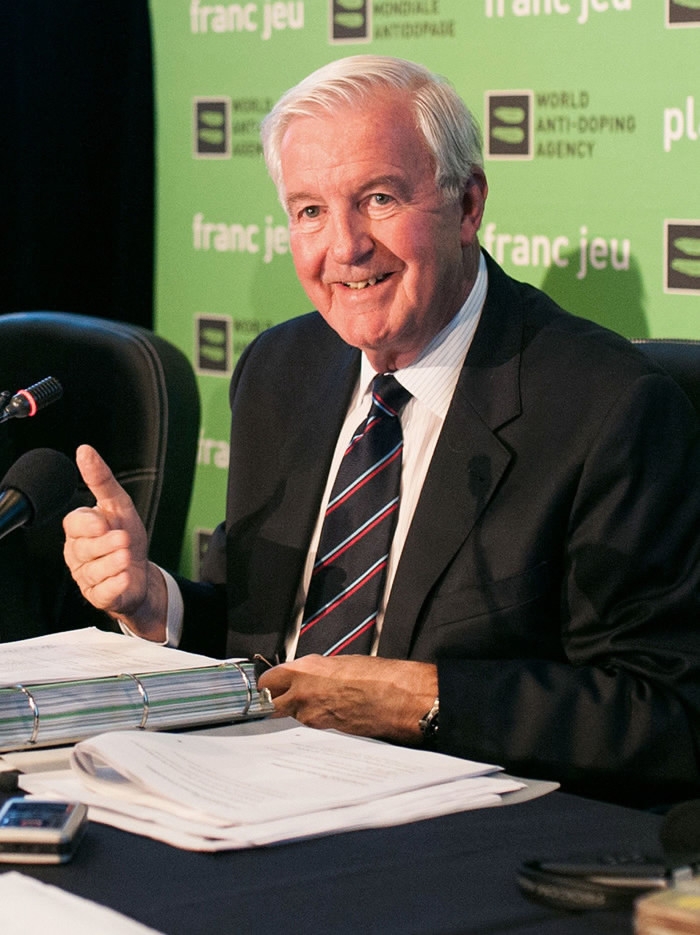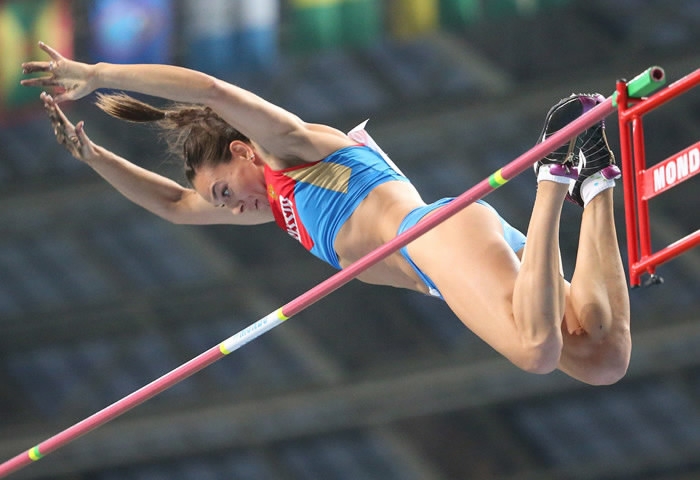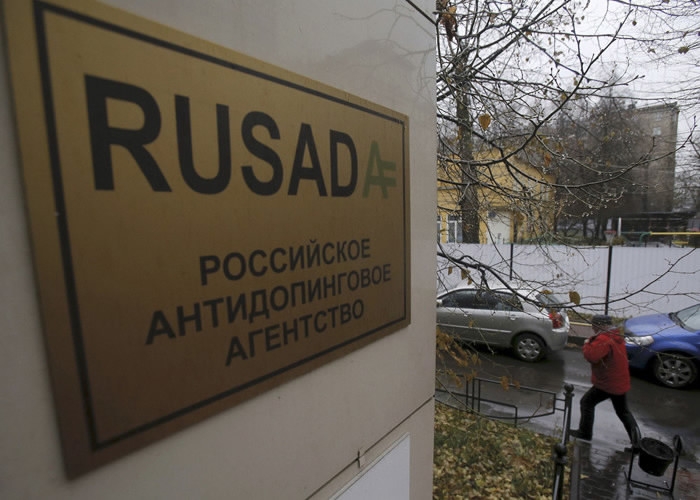World Anti-Doping Agency (WADA) President Craig Reedie said Thursday the body could lift its suspension of Russia's drug-testing authority later this year after nearly two years on the blacklist.
The Russian Anti-Doping Agency (RUSADA) has been suspended since 2015 in the wake of the report by Richard McLaren which uncovered widespread doping in Russian sport.
Reedie however said RUSADA had taken concrete steps to clean up its image and could resume testing next month based on compliance criteria requested by WADA. "There is a huge amount of work being done," Reedie told a press conference following WADA's Foundation Board meeting.

The World Anti-Doping Agency (WADA) President Craig Reedie speaks at a press conference in Montreal, Canada on May 18, 2017. /VCG Photo
"The board decided if we receive, and I'm sure we will, the necessary information... that the Russian anti-doping agency would be able to resume its testing program," Reedie added.
Russia's commitment to comply with WADA's demanded improvements was called into question by the appointment of former pole vault star Yelena Isinbayeva as president of RUSADA last December.
Isinbayeva had been sharply critical of the McLaren report, claiming it unfairly targeted Russia in what she described as a "political act."
McLaren's report had uncovered vast evidence of doping across Russian sport which took place with the connivance of RUSADA. The scandal led to Russian track and field athletes being barred from the Rio Olympics last year following a ban from the International Association of Athletics Federations (IAAF).

Russia's Yelena Isinbayeva clears the bar to win the gold medal in the women's pole vault final at the 2013 IAAF World Championships in Moscow, Russia on August 13, 2013. /VCG Photo
WADA said Russia will remain an outcast until four key demands are met, chief among them Isinbayeva's removal from RUSADA and her replacement with an independent chair and vice-chair.
Rob Koehler, chair of WADA's Compliance and Review Committee, did not mention Isinbayeva by name when giving his report on the Russian situation to the Foundation Board on Thursday, but confirmed changes were coming when questioned by former-WADA chief Dick Pound.
"Is this the person about whom everyone has complained?" asked Pound.
"To be clear, as of the 31st of May, the person will be gone," said Koehler.
Other changes being demanded by WADA include drug testers being allowed access to closed cities, where athletes continue to find sanctuary from testing, access to athlete biological passports and the implementation of a conflict of interest policy.

An office of the Russian Anti-Doping Agency (RUSADA) in Moscow, Russia. /VCG Photo
The Foundation Board was told that Russia was in the process of meeting all four conditions which would take it a step closer to full compliance.
"What has been done at this stage is really important and I am grateful to the Foundation Board for providing, subject to Russia's roadmap, its green light for the resumption of the testing program," Reedie said, adding that RUSADA could resume its work "hopefully" in early June.
(Source: AFP, Reuters)
Related stories:









